On Nov. 2, 2021, it will be Election Day in America yet again. While there is no election for state or federal office in Colorado, there’s still the incredibly important Douglas County School Board Election taking place. Four of the seven seats on the school board are on the ballot, so the majority vote on the board could switch hands over night.
If elected, the board member serves a four-year term and represents a district within Douglas County. Even though they represent a district, “All school directors are voted on at large,” according to DCSD. This means that all Douglas County citizens get to vote for each district, regardless of what district they reside in.
There are two “slates” of candidates in the school board election, the Kids First DCSD slate, and the CommUnity Matters slate. For CommUnity Matters, Kevin Leung and Krista Holtzmann are seeking re-election, with Dr. Ruby Martinez and Juli Watkins running alongside them. For the Kids First DCSD slate, Becky Myers, Kaylee Winegar, Christy Williams and Mike Peterson are all running together. There is also one independent candidate by the name of Justin Matthew, who is running for District D, against Martinez and Myers.

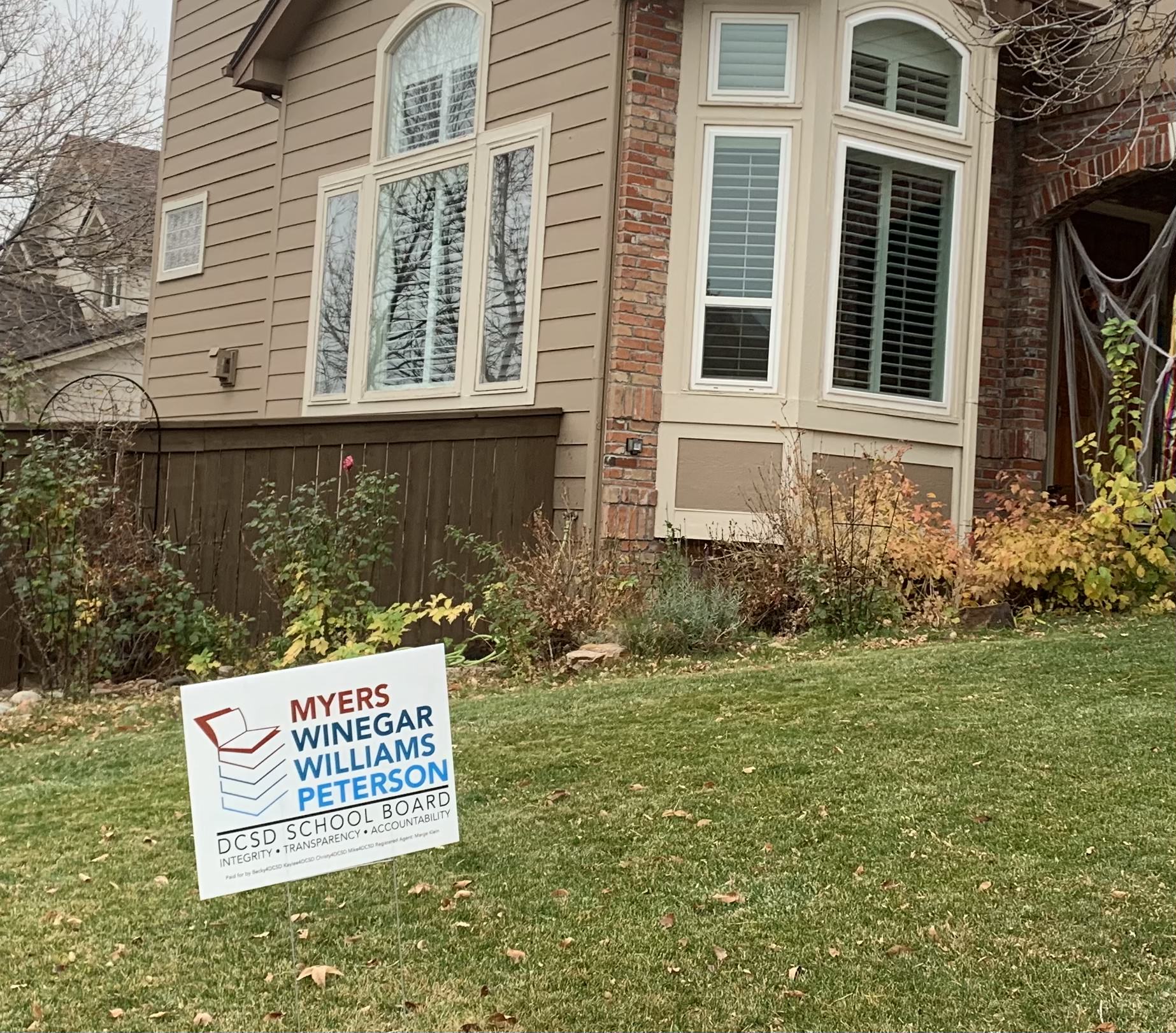
Over the course of the campaign season, the two slates have participated in three student lead forums. The forums were held at three different highschools across the district, and the questions asked at the forum were fielded from the community. The questions were chosen from a variety of topics, from COVID to sex education. Each candidate was given a minute for opening and closing statements, and 90 seconds to respond to any question asked in the Q&A part of the forum.
On their plan of how to expand mental health resources for students in the district:
Myers, from Kids First, said “We need staff and programs that will listen to students and parents that are struggling to understand what their children are going through. Let’s bring back humanity, have these hard conversations, listen, look at the data on mental health, and use our resources. I referenced quite a while back ‘the mental health crisis is not one our school district needs to fight alone, working together will help us get success.”
Dr. Martinez, from CommUnity Matters, said “I have looked very carefully at the mental health resources that exist within the district… I was very impressed… I would like to make sure that all the students and parents are fully aware of all of these wonderful resources that exist within the school district. I think that we should be very proud of what we have.”
On compensating and incentivizing teacher pay:
Williams, from Kids First, said “I would definitely say we need to make sure our teachers are taken care of. These are the people that love our children, and they deserve to be compensated. We need to ask what motivates them. We are currently paying our teachers far less than surrounding districts, and although we passed an MLO three years ago, the amount of money the teachers received at that time was only $1,354.83 on average for the entire year.”
Watkins, from CommUnity Matters, said “I think we all agree that our teachers deserve to be paid more in this district, and those with advanced degrees should also be compensated more for that expertise. The passage of the MLO in 2018 helped start the process of closing the teacher pay gap, but it wasn’t enough… If I am elected I would support the continuation and the expansion of increasing teacher compensation and would advocate to ensure that new salary structures would account for advanced degrees, specialized training, and experience.”
On how they will ensure students are prepared for college or entering the workforce:
Winegar, from Kids First, said “Our role as an education system is to absolutely help prepare our students for college and/or for the workforce route. Our priority as an education system is that our students are testing at the levels they should in reading, writing math, and science that will allow them to excel in any route they choose after highschool. So I think it is important to level with our teachers and make sure they feel like they have the resources they need to help any student who is struggling with their testing.”
Leung, from CommUnity Matters, said “Our graduation rate is the highest in the metro-Denver area, with over 91.2%, and, because they know how to get a graduated student all the credit that they need. In the class of 2022, a new graduation system is in place, this current board has already all worked out the four steps of how they move to the graduation task, which is next year… the number of students enrolled into CTE, has been over 8,400, which has been a 52% increase in the past two years. We’ve done it. We have results to prove it.”
On sexual education:
Peterson, from Kids First, said “As far as an updated form of education, for our sexual curriculum, I think the first thing we need to do is go to the parents and students and see if there’s any gaps there, we have a great student advisory group, a committee of students, and that would probably be the first place I would start as a board… One solution may be to offer different tracks that allow choice for either the student not just to opt-out or opt-in, but to pick a different track that aligns with their values, whether they’re religious or otherwise, or aligns with their parents values, but that’s something we’d have to consider. I would also like to ensure that sexual education takes a backseat to the core education of math, literacy, science and other things, with roughly 50% of our students at least one grade level or more behind in these core academics. Even here in Douglas County, we want to make sure that we prioritize time for those core academics which are a little bit behind where they could be, and ensure sexual education is comprehensive, complies with state standards, and can be balanced between school and home environment for our students.”
Holtzmann, from CommUnity Matters, said “It’s important for our students to receive medically and scientifically accurate information to empower them to make informed decisions, to promote their own health and wellbeing. It’s been said [at the forum] and it’s accurate that in 2019 the Colorado General Assembly approved the Comprehensive Human Sexuality Education Act. It’s part of the Colorado academic standards… instruction needs to be comprehensive, age appropriate, medically accurate, culturally sensitive, and inclusive of a positive youth development framework. The statute also says instruction must not use shame based or stigmatized language or instructional tools. It must not employ gender stereotyping, it must not exclude the health needs of intersex individuals or LGBTQ.”
Reflecting on how DCSD handled COVID, what would they do the same and what would they do differently?
Peterson, from Kids First, said “What would I keep the same? Multiple paths to learning, including in-person distance e-learning. What I wouldn’t do is sue the Douglas County board of health and cause more division in this district. Separating parents, and putting parents against parents, parents against teachers, and now putting the entire school board against the district. This further divides the county, and it’s a lose-lose, the taxpayers will pay for this lawsuit. If the district wins, it comes out of the district funds, if the department of health wins, it also comes out of county funds… This board exhibits a trend of fear based reactionary decision making, if you look at the Douglas County data, since we are talking about data tonight: 1 death under 18 in the county due to COVID, since the pandemic began. The average age of death due to COVID in Douglas County is 80 years old. The 14 day rolling hospitalization rate is 0.4 per 100,000. That is almost 4x the entire student population of Douglas County. When you look at a comprehensive analysis of 109 specific scientific studies you see that masks don’t work. The ordinary fabric mask has a 99.7% penetration rate, and the buildup of carbon-dioxide produces many worsening of 5 pediatric diseases, 3 neurological diseases, 6 internal diseases, and 2 ear/nose/throat diseases”.
Holtzmann, from CommUnity Matters, said “I can say with confidence that our board team and our DCSD staff made every decision during the course of this unexpected public health crisis with the best interest of our students in mind. We took it to heart. We spent hours talking to exports, reviewing research, sleepless nights because it was a huge responsibility to make sure we were caring in the best way we could for our students, our staff, and our community. We immediately determined that the best interest of our students was to provide in-person learning as safely and as much as possible. We also started a completely separate online education system in a very short period of time because the pandemic was unexpected by everyone.”
“If you’re over 18, register to vote,” said Chase Johnson, senior. “It’s a really really important school board election this year, and there’s other stuff on the ballot too, so make sure you register to vote and go vote.”
Anthony Kargoll, Podcast Editor

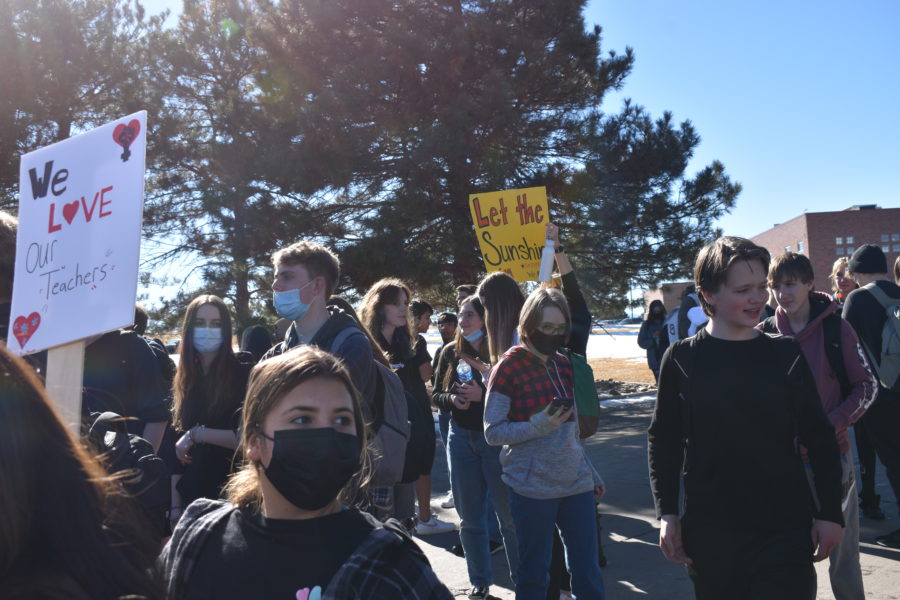
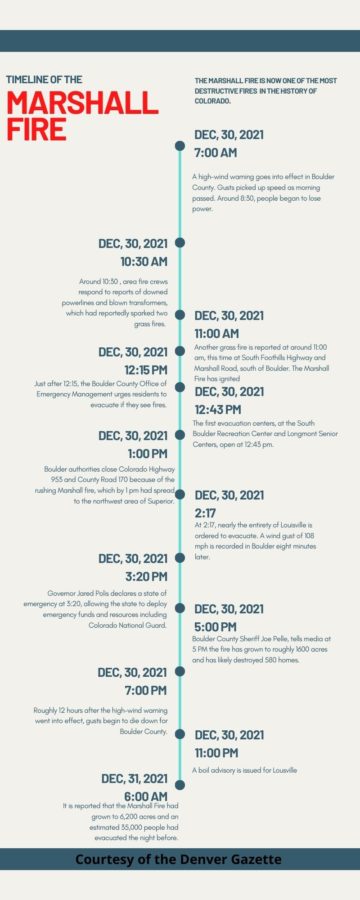
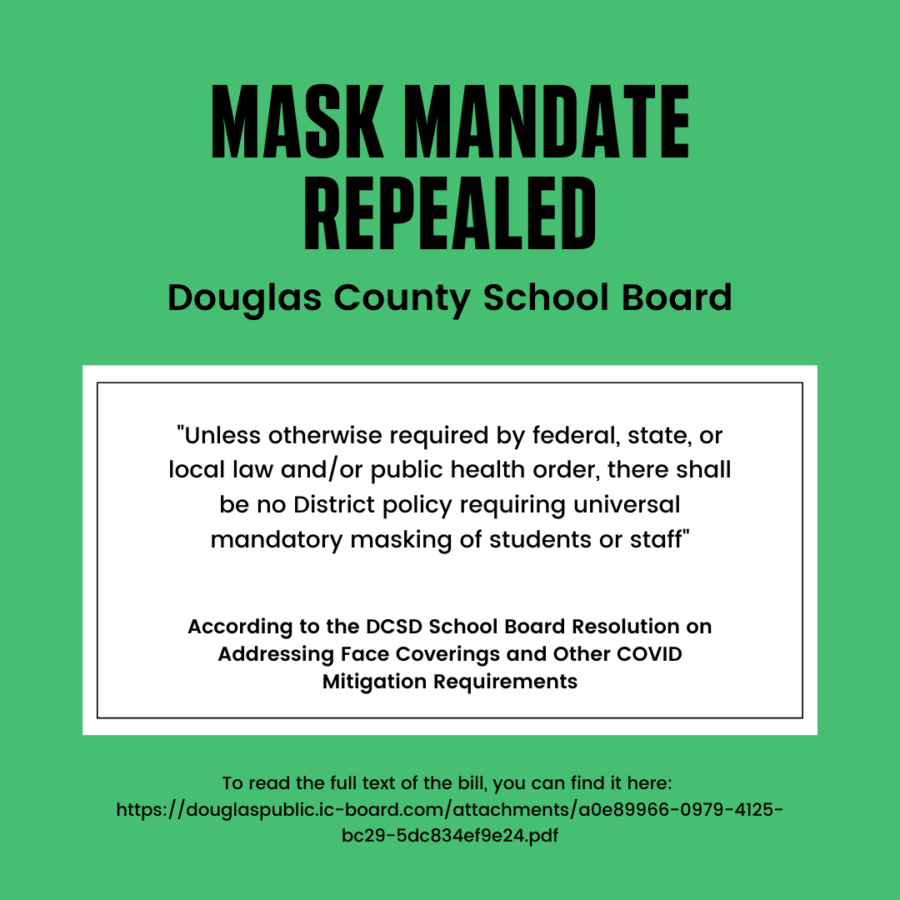
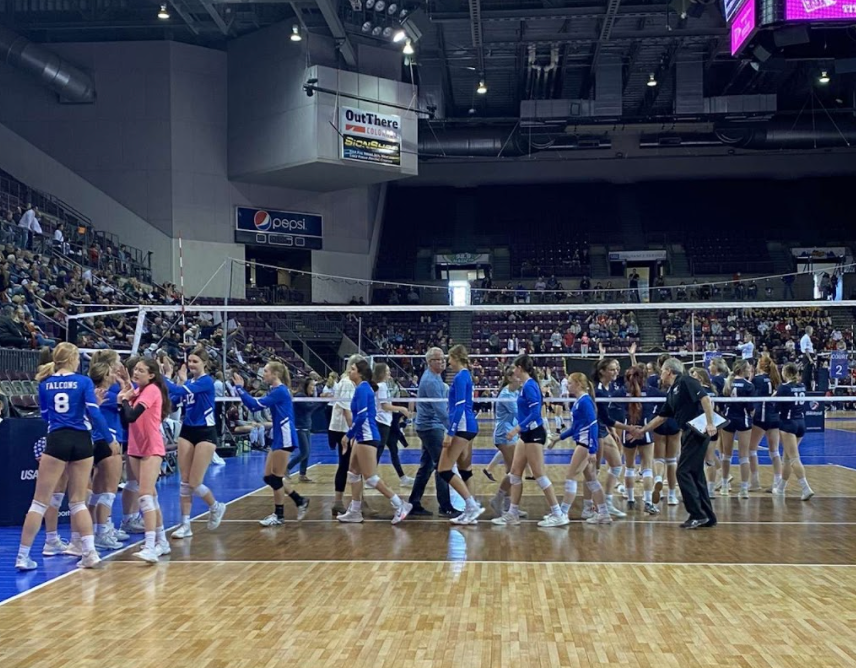

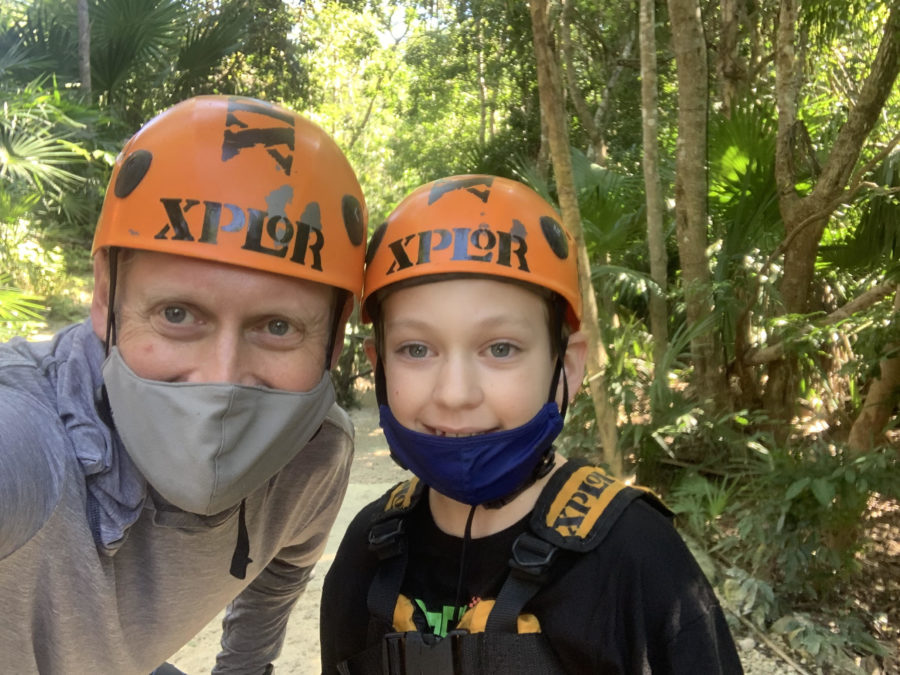

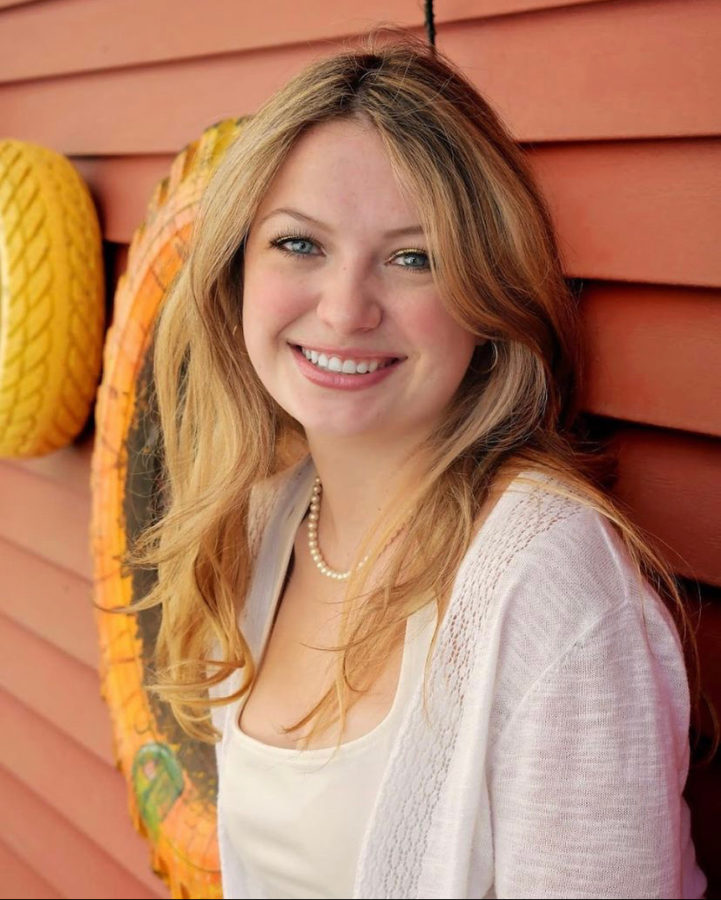
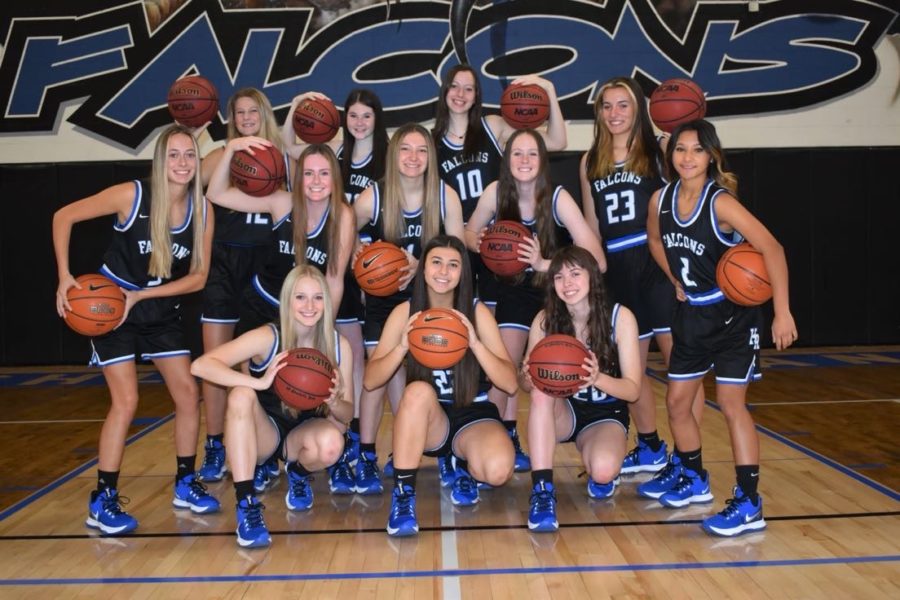
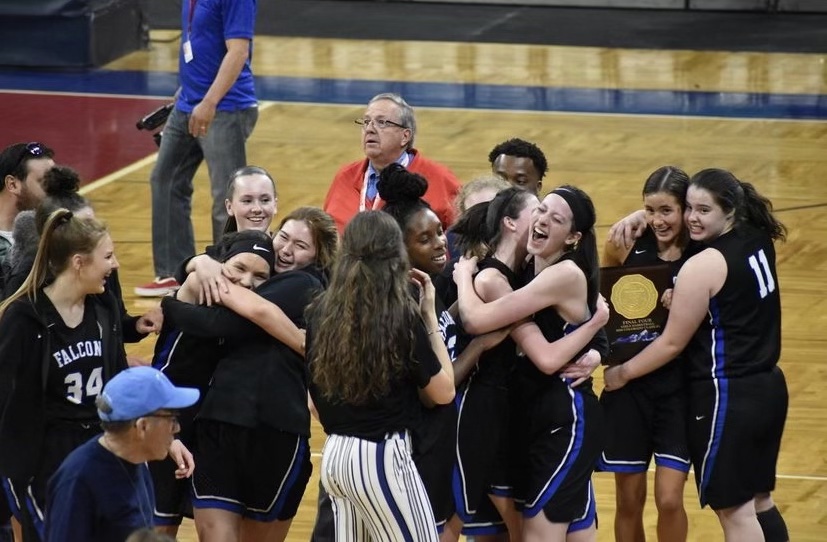

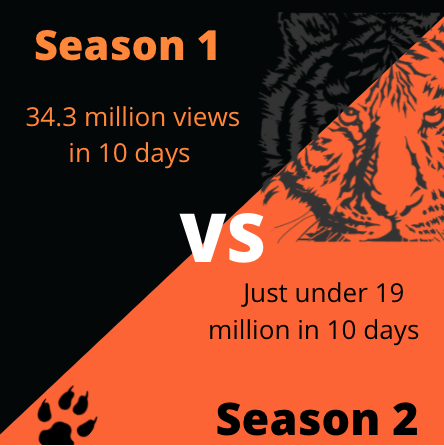
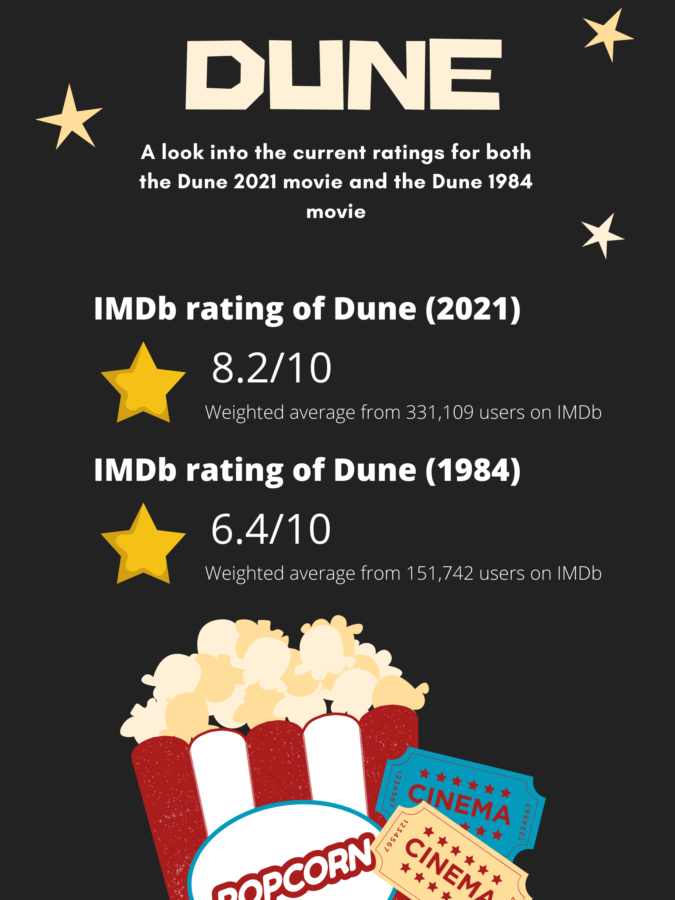


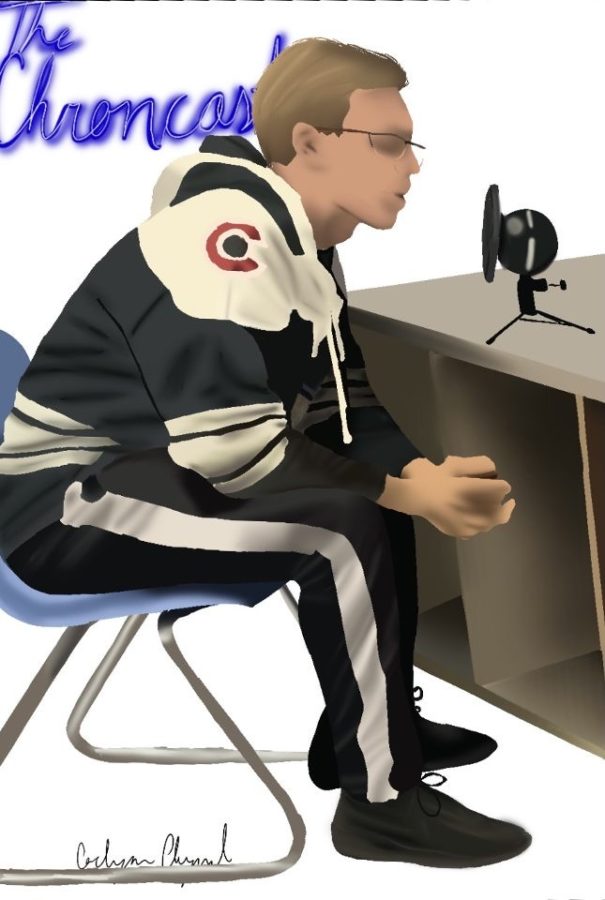
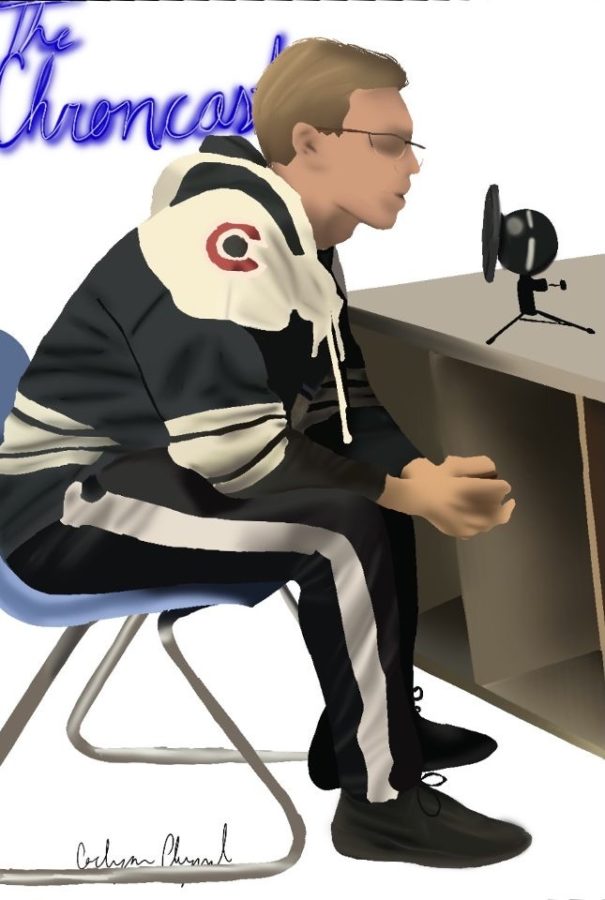
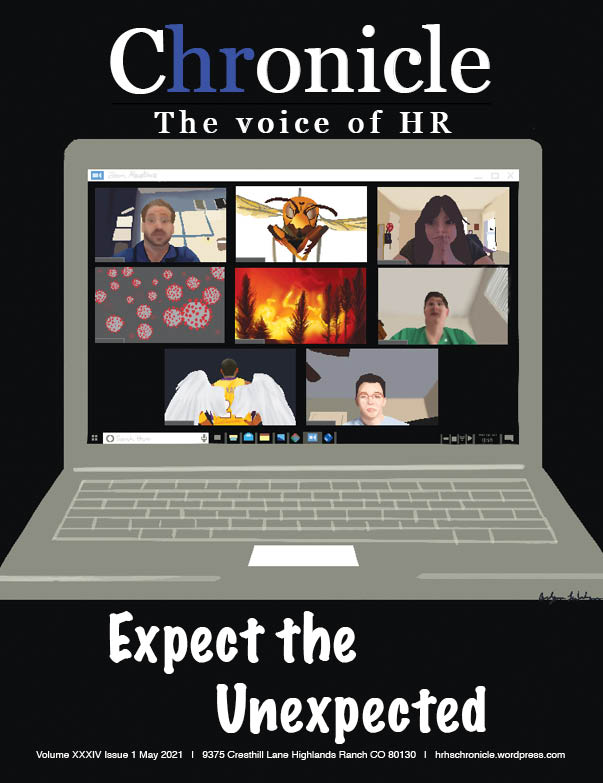
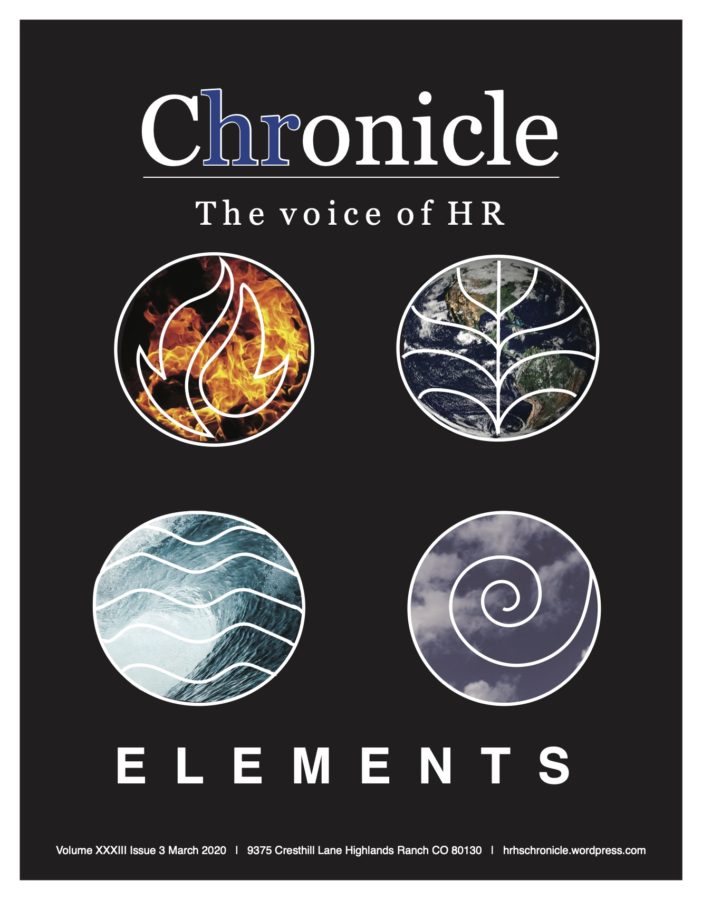

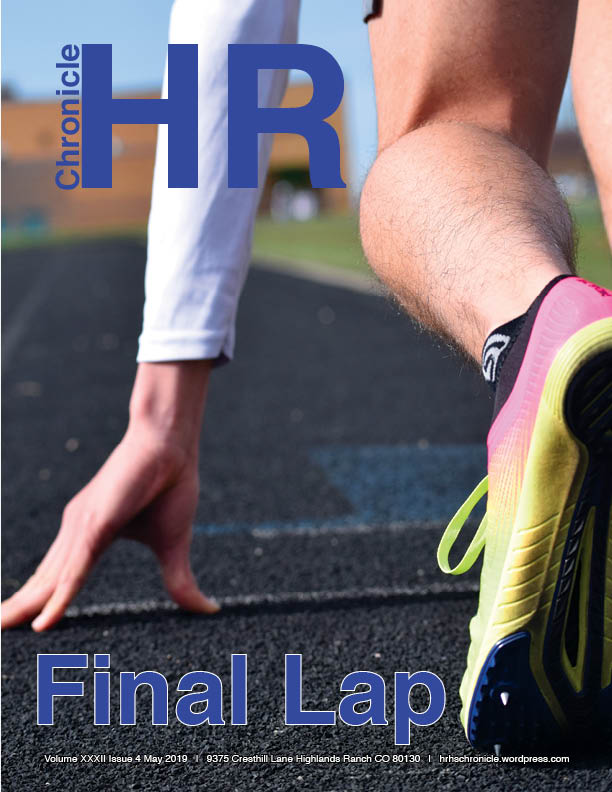

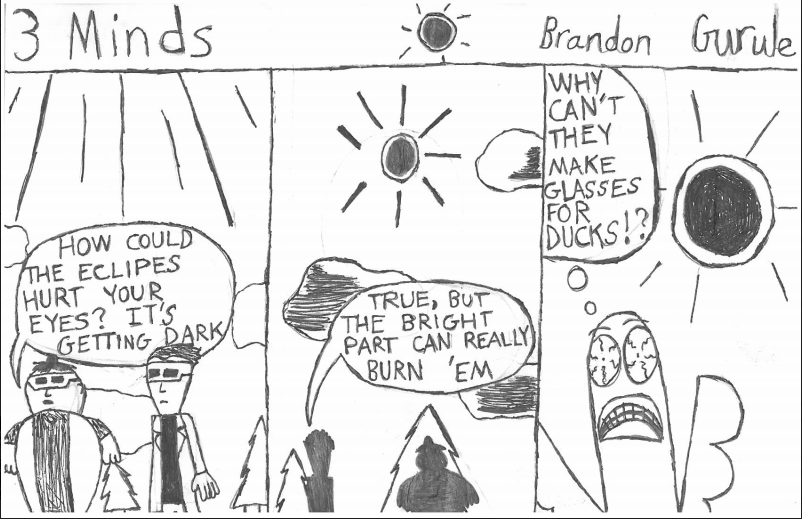

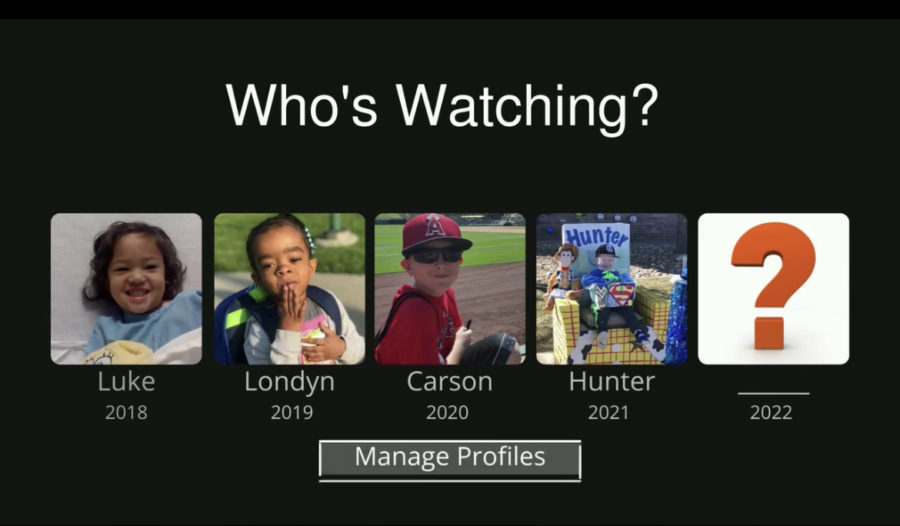
HRHS Student • Nov 2, 2021 at 9:49 pm
Great article! Very insightful!